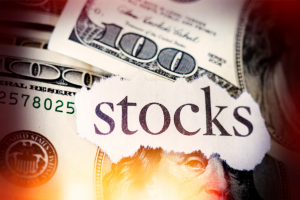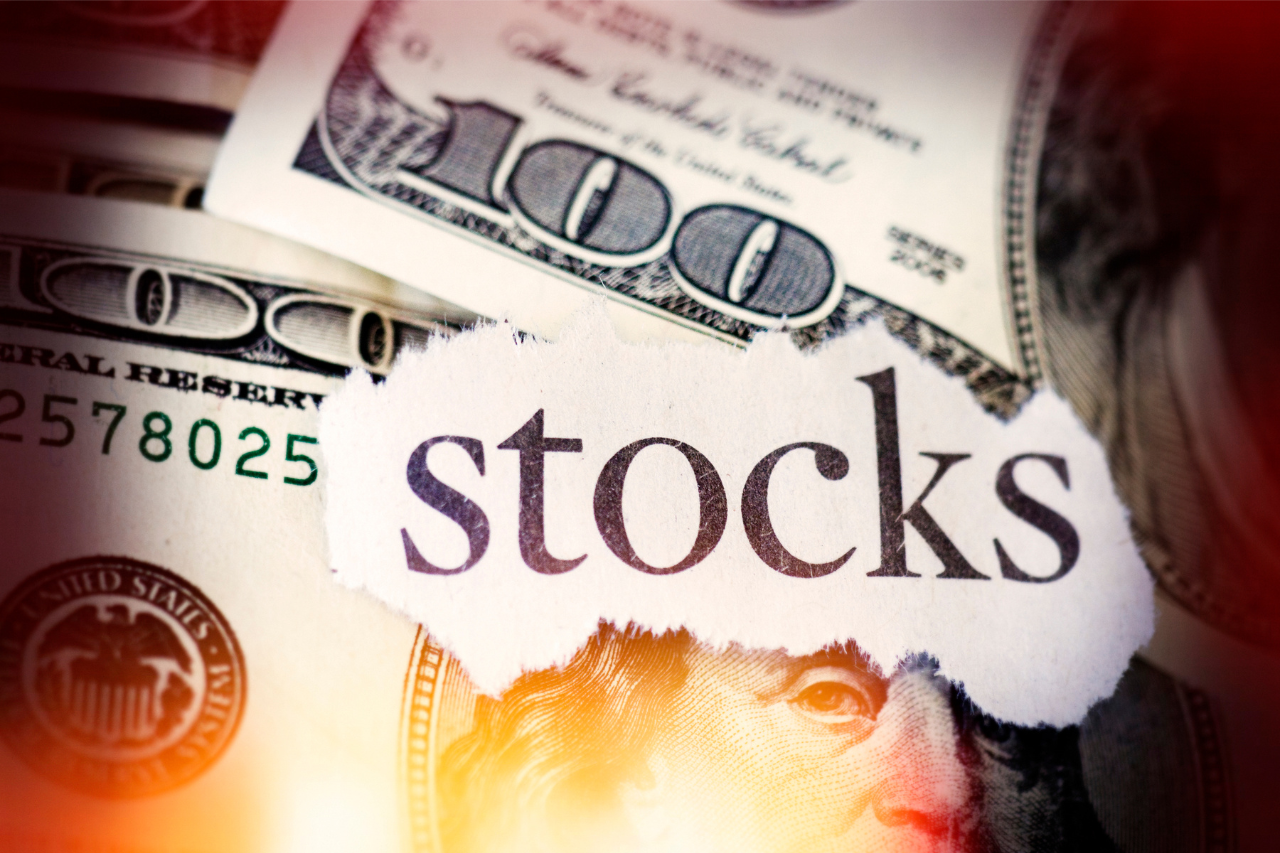
Building Wealth: Mutual Funds vs ETFs

Share:
Optimize your strategy by comparing Mutual Funds and Exchange-Traded Funds. Deciding whether to buy an ETF or a mutual fund can be a tough decision. Both have their pros and cons and in the end, it comes down to what your investment goals are. To help you make the best decision, let’s take a closer look at the difference between ETFs and mutual funds.
What are Exchange-Traded Funds (ETFs)?
An exchange-traded fund (ETF) is an investment fund that holds a basket of securities, such as stocks, bonds, or commodities, and trades on a stock exchange. ETFs are similar to mutual funds in that they offer diversification and professional management, but they differ in several key ways.
Like stocks, ETFs can be bought and sold throughout the day on a stock exchange. However, unlike stocks, which represent ownership in a single company, ETFs represent a basket of securities, which may include stocks, bonds, commodities, or a combination thereof.
Some ETFs are index funds, meaning they seek to track the performance of a specific market index, such as the S&P 500. Others are actively managed, meaning they are run by a team of professional investors who make decisions about what securities to buy and sell to achieve the fund’s investment objectives.
- ETFs have several advantages over traditional mutual funds. First, because they trade on a stock exchange, they can be bought and sold throughout the day, unlike mutual funds, which can only be bought or sold at the end of the trading day.
- Second, ETFs typically have lower fees than traditional mutual funds. This is because ETFs are not actively managed, meaning there is no need to pay a team of professional investors to make decisions about what securities to buy and sell.
- Lastly, ETFs offer greater tax efficiency than traditional mutual funds. This is because ETFs are required to distribute only the capital gains realized by the fund each year, whereas traditional mutual funds are required to distribute all of their realized gains, even if those gains have not yet been taxed.
What are Mutual Funds?
A mutual fund is a type of investment fund that pools money from many investors and invests it in a diversified portfolio of securities, such as stocks, bonds, or commodities. Mutual funds are run by professional money managers who make decisions about what securities to buy and sell to achieve the fund’s investment objectives.
- Mutual funds have several advantages over other types of investments. First, they offer diversification, which means that they spread your investment across a variety of different securities, which can help to mitigate risk.
- Second, mutual funds are professionally managed, which means that there is someone responsible for making decisions about what securities to buy and sell. This can provide peace of mind for investors who don’t want to be actively involved in managing their investments.
- Lastly, mutual funds are relatively easy to invest in, especially if you’re investing through a company that offers a 401(k) plan or another type of employer-sponsored retirement plan.
The Main Disadvantage of Mutual Funds
Mutual funds typically have higher fees than other investments, such as index funds or exchange-traded funds (ETFs). This is because mutual funds are actively managed, which means that there is a team of professional investors making decisions about what securities to buy and sell.
The Difference Between ETFs and Mutual Funds?
Exchange-traded funds are similar to mutual funds in that they offer diversification and professional management but differ in several ways. First, ETFs can be bought and sold throughout the day on a stock exchange, whereas mutual funds can only be bought or sold at the end of the trading day. Second, ETFs typically have lower fees than traditional mutual funds. Lastly, ETFs offer greater tax efficiency than traditional mutual funds.
The Bottom Line
ETFs and mutual funds are both popular investment choices that offer diversification and professional management. However, they differ in several key ways, including how they are traded, the fees they charge, and their tax efficiency. Understanding these differences can help you choose the right investment for your needs.
Share:
More Posts
Subscribe To Our Weekly Newsletter
No spam, great information to grow your Money!









